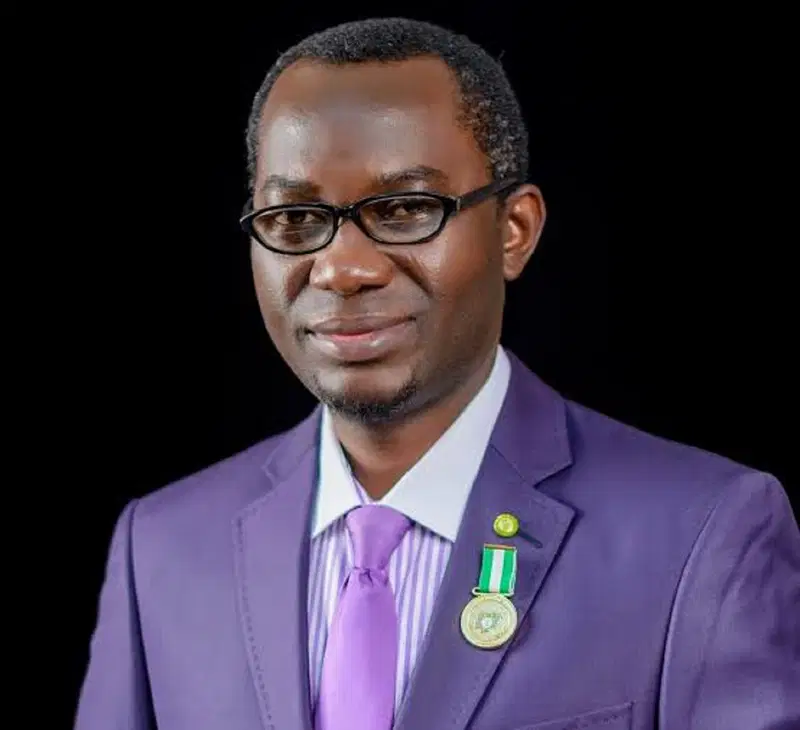
A former President of the World Medical Association (WMA), Dr. Osahon Enabulele, has urged the Federal Government to stop placing doctors and other healthcare professionals under the general civil service structure.
He warned that such treatment is driving the mass exodus of Nigerian medical personnel to other countries.
Enabulele, who also served as President of the Nigerian Medical Association (NMA) and the Commonwealth Medical Association, said government’s failure to recognise the distinct roles, workload, and challenges of healthcare providers has left many professionals “stranded, demotivated and unpatriotic.”
Speaking at the 2025 National Health Summit, organised virtually by the Nigerian Association of Resident Doctors (NARD) and monitored by The Nation, Enabulele said the present civil service job evaluation framework does not reflect the realities of medical work, leaving doctors and other health workers “consistently shortchanged.”
“Right now, every health worker is almost like an orphan who does not believe that the country is there for him or her. That’s why they are leaving. If you do a job evaluation today, you will find the health workforce completely disadvantaged. The current structure does not understand what we stand for,” he said.
To address the crisis, Enabulele called for the immediate establishment of a National Health Service Commission, a separate body from the traditional civil service, to manage issues relating to working conditions, salaries, training, and career progression for healthcare professionals.
“We need a health commission, just like the NUC in education, that understands the peculiarities of the health sector. It should include all health professionals, but doctors must be placed in a prime position,” he said.
The former NMA boss accused the government of chronic underinvestment in the health sector despite Nigeria’s heavy disease burden, warning that the country needs more than 300,000 additional doctors to meet current and future demands.
He said the shortage is worsened by inadequate medical training institutions.
“We are just scratching the surface. Nigeria needs between 3,000 and 4,000 medical schools to address the deficit. Mere policy statements won’t cut it. We need real investments,” he said.
Enabulele urged government to peg healthcare workers’ pay to inflation, improve hospital infrastructure, and provide access to credit and insurance.
These, he said, are basic standards in countries that have succeeded in retaining their medical workforce.
Citing the Global Health and Care Worker Compact adopted at the World Health Assembly in Geneva, he challenged African leaders to implement its provisions to secure, motivate, and retain healthcare workers.
He lamented that despite carrying over 25 per cent of the global disease burden, Nigeria and other African countries account for less than one per cent of the world’s health workforce, a mismatch he blamed on poor policy prioritisation.
“You cannot give me XYZ salary today and leave it for another 10 years. Developed countries dynamically appraise and adjust health workers’ pay structures regularly,” he stated.
On the deplorable state of hospital facilities, Enabulele described many consultation rooms in Nigeria as “unfit for purpose,” contrasting them with “living room-standard” facilities in developed countries.
He called on the Federal Government to back its policy pronouncements with concrete investments in training, retention, and infrastructure, warning that without decisive action, Nigeria risks a total collapse of its healthcare system.